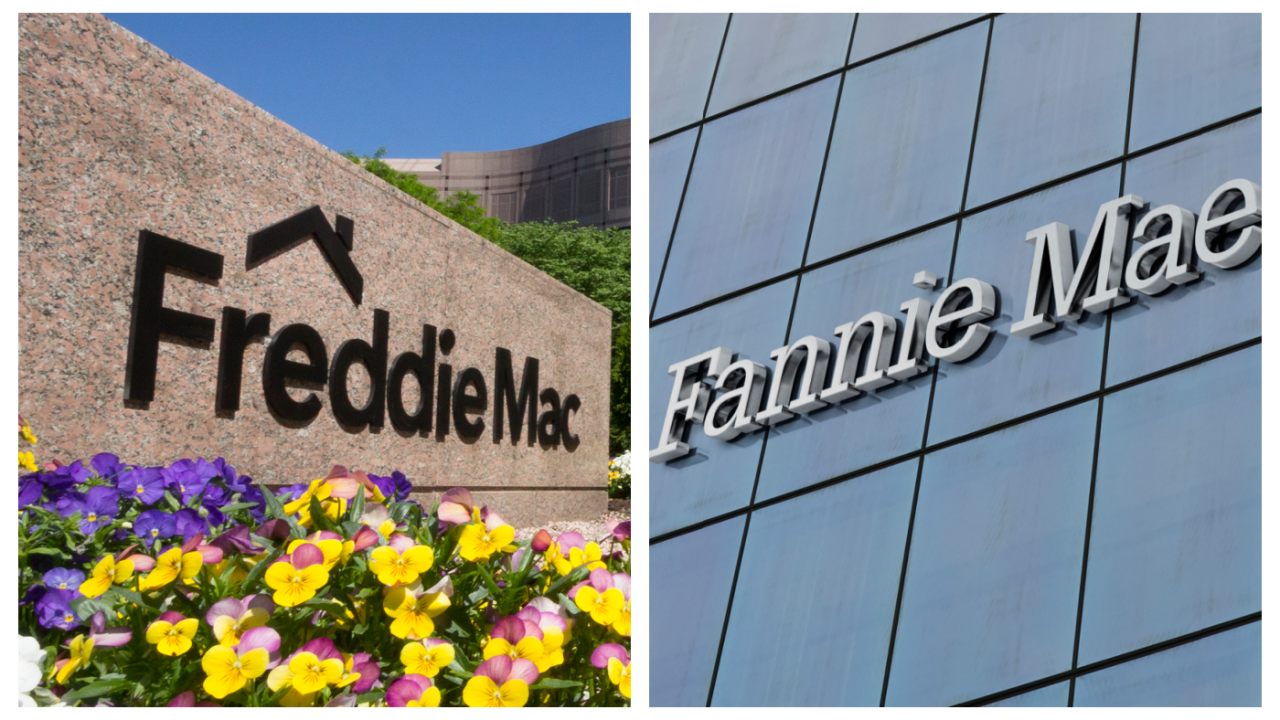Most small and midsize banks are not in the agent bank card market for the same reason many do not issue credit cards in the first place: Both are scale-driven businesses where the largest players benefit most.
Though credit unions and community banks still offer credit cards under their own brands, they generally do so as agents for larger issuers, such as Bank One Corp. and MBNA Corp., or for agent banking specialists, such as InfiCorp Holdings Inc. and Independent Community Bankers of America Bancard Inc.
But Fifth Third Bancorp is a rare example of a midsize bank that not only issues its own cards, but wants to sign up other banks as agents. The Cincinnati bank announced its entry into the agent business last week.
Jeff Trachtman, the vice president in charge of its card products, said that agent banks generally do not derive many financial benefits from their deals with giant issuers and that his company can offer prospective clients a more in-depth relationship.
"They're looking for an alternative," he said in an Oct. 24 interview. Apart from the one-time financial benefit from the divestiture of the card loans, agent banks typically get marginal contact with the issuer and insignificant income from their portfolios, he said.
At the outset, at least, Fifth Third will target mainly the financial institutions that use its other correspondent banking activities, such as cash letter services and electronic fund transfers. "This is another product for our folks to talk about when they're on the road," Mr. Trachtman said. "We think we can establish ourselves pretty quickly in this space."
Fifth Third plans to differentiate its program by taking a more active role in the agent bank's overall retail strategy, relying on an expertise it says most competitors do not have.
"We want to help the agent bank cross-sell a direct deposit account or another loan relationship to their credit card customer," Mr. Trachtman said. Cardholders who have other ties to the bank, tend to have higher credit quality and lower attrition rates, he said.
It will cross-sell wherever it sees an opportunity, including through Fifth Third Processing Solutions (formerly known as Midwest Payment Systems), which processes debit and automated teller machine transactions for several hundred banks. "We are educating and preparing the sales force to be able to pass leads to us," Mr. Trachtman said. "They don't have to know the [agent banking] business. They just have to ask, 'What are you doing with your credit card portfolio?' "
Andrew Mathieson, the managing director of InfiCorp, an Atlanta subsidiary of First National of Nebraska Inc. that runs a portfolio management and an agent bank card business, agreed with Mr. Trachtman that helping agent banks to cross-sell other products would be an advance. "That has probably been left somewhat undone," he said in an interview Wednesday.
Such cross-selling would require "a longer-term commitment" than agent banks normally make, Mr. Mathieson said. The issuer, whose modus operandi can be to litter a consumer's mailbox with offers until it gets a response, would have to approach the solicitation much more as an extension of a retail bank product rather than a through-the-mail commodity, he said.
The relationship between an agent bank and its issuer is often too remote, with the entire card business seeming like "a black box" to the agent bank, he said. The issuer can come into the contract with this attitude: "'Give us your customer list, and we'll pay you at the end of the month.' "
In such cases, a disconnect between the two parties can result in customer confusion. For example, cardholders who want to pay a bill in person may find that they are refused service at the bank branch.
InfiCorp, which until last year counted Fifth Third as a customer of its portfolio management business, says it "maintains the linkage" between the cardholder and the agent bank. Cardholders, who can obtain information through the agent bank's telephone system, generally do not realize that a third party is managing the account, Mr. Mathieson said.
Also, InfiCorp keeps the agent bank in the loop with regular balance and status reports. Agent banks can also review and approve all the marketing material sent to cardholders.
Dominic Venturo, a senior vice president at U.S. Bancorp's Elan Financial Services, said agent banks can share revenue with the issuer over the life of an account. "This is not a sell-your-portfolio-and-be-done-with-it transaction," Mr. Venturo said in an interview Thursday.
Elan has issued 2 million credit cards through 1,200 institutions. It says its agent bank program, which has been in place for 30 years, is the third-largest.
Mr. Mathieson said the market will probably make room for Fifth Third. Agent bank contracts usually last five to seven years, meaning that every year there is the potential for a 20% turnover of business.
"The challenge for MBNA and [Bank One's] First USA is that within any given geography, they are going to have five or six institutions they represent, in addition to their own portfolios," he said. "That's a pretty large, inherent strategic conflict that we don't have" at InfiCorp.
MBNA, which is based in Wilmington, Del., would not comment.
Fifth Third can promise that it won't try to poach customers from its agents, Mr. Trachtman said.
Bank One, which has offered agent bank services for 15 years, rebutted assertions about conflicts of interest with its agent partners, saying that it constructs firewalls that ensure that it is looking out for each agent's competitive interests.
"We deliver the best marketing programs for each partner. That includes competing with ourselves," said Tom Kerwin, an executive vice president at the Chicago bank, who manages institutional relationships in card services. "The reality is that there is a very competitive marketplace for the agent banking business."
Agent banks for Bank One have always been encouraged to take an active role in overseeing the portfolio, he said. "We have no desire to limit the involvement of our partners in how we market or manage the program."
To maximize acquisitions on its end, Bank One must rely on feedback from the agent bank about such things as brand recognition and distribution channels, he said.
But Mr. Trachtman at Fifth Third said the status quo in agent bank deals, where issuers would seem to derive most of the benefit, "lends itself to being able to unseat the incumbent." And because it offers what amount to additional consulting services on the retail and debit card side, Fifth Third "would not just be hanging by a single relationship" to the agent bank.





